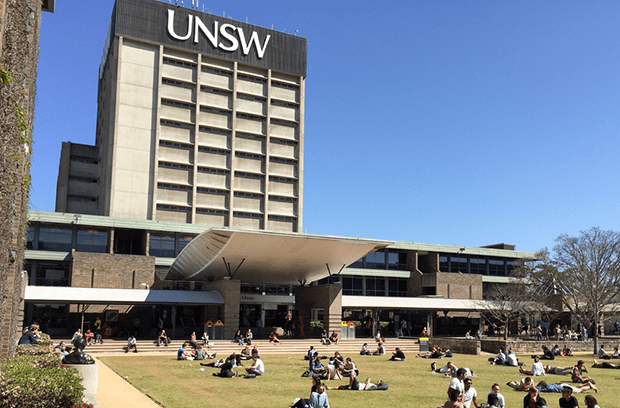After an internal review and years of concerns from staff and students, UNSW is likely to end its controversial trimester system and return to a semester timetable in line with all other Australian universities.
Introduced in 2019, the trimester system was designed to give students greater flexibility while also allowing some students to graduate earlier. Instead of a long midsemester break, the campus would be used all year round.
Students would take up to three subjects in three ten-week terms as opposed to four subjects in two 13-week semesters. The total length of the academic year increased, and summer and mid-year breaks got shorter.
According to then-UNSW Deputy Vice Chancellor (Academic) Professor Merlin Crossley the change also resulted in fewer timetable clashes, fewer scheduled classes, and a reduced exam load.
“It’s reduced the pressure on campus and allowed us to reduce the number of early morning and evening lectures,” he said.
Minutes from an academic board meeting show that an internal review last year concluded that the system “must change.”
The 2023 review found that students in a trimester system had 40% less time for paid work and 41% less time to participate in extra-curricular activities on campus. Further, 63% of students reported that the system impacted their ability to socialize with friends from different universities.
Over a thousand students protested trimesters when they were introduced. Students and the NTEU argued the change was a money making exercise rather than a genuine attempt to increase student outcomes.
Associate Professor Richard Vickery, UNSW NTEU branch president, said that any changes should not be committed unilaterally.
“Last time there was no proper consultation with students and staff… it’s essential that it happens this time.”
Almost all of the students Honi Soit talked to said they supported a return to semesters. One said that “having fewer exam periods” would reduce stress and workload while another said longer breaks would “allow me to travel and see friends more consistently.”





